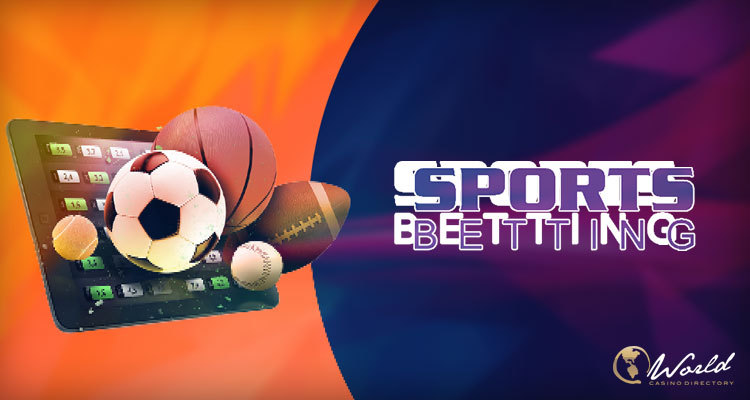After digital-only betting was legalized in Vermont a few months ago, various renowned operators expressed their interest in expanding to this newly established market. Among them are some of the biggest names in the industry, such as BetMGM, DraftKings, FanDuel, Fanatics Betting and Gaming, and PENN Entertainment.
Though criteria:
All five operators have already submitted their bids for sports betting licenses in Vermont. The state opened the Request for Proposals in July, after which they released the list of potential licensees. Operators had until August 28 to submit their applications, but in the end, the deadline was extended to September 6.
But there’s one name missing from the list – unexpectedly, Caesars Sportsbook hasn’t applied for the license. Among the names that are present on the list, DraftKings caught the attention of the public because the operator is already present in all states that share the borders with Vermont.
The public still doesn’t know much about the bits. However, according to the new state law, the operators are allowed to be on six digital platforms. The government will judge the operators based on various criteria, with 1.000 points in total. The highest percentage, 800 points, will be granted to players after determining if they meet the “Technical Criteria.” Another 200 points will be given depending on meeting the “Revenue Criteria.”
The applicants will get to choose the Vermont-based companies they want to work with, and the products that will be used for betting will be the ones created in the state. The main goal lies in “demonstrating business practices that promote clean energy and address climate change.”
The conditions for getting the license:
One of the conditions for getting a Vermont license is the presence in a minimum of three U.S. states. After deciding who will get the license, operators will sign the contract for three years, and they will be obligated to be “full service.” Among other requirements, the operators will be obligated to comply with responsible gaming standards and include various programs about the matter in their businesses. The operators will have to submit a detailed explanation of their plans for integrity monitoring.
As SportsHandle reports, the operators had to explain their revenue plans to the government and determine how long they needed to get to market. New law prescribed a tax rate of at least 20%, but the operators are expected to offer more. In order to get 100 points in that section, they’d need to offer a tax rate of 51%, similar to Arkansas, New Hampshire, New York, and Rhode Island.
The government now needs to review the bids and decide who deserves the license. The Department of Lottery approved “enhanced procedures,” which will help the authorities act quickly if any changes are needed.

